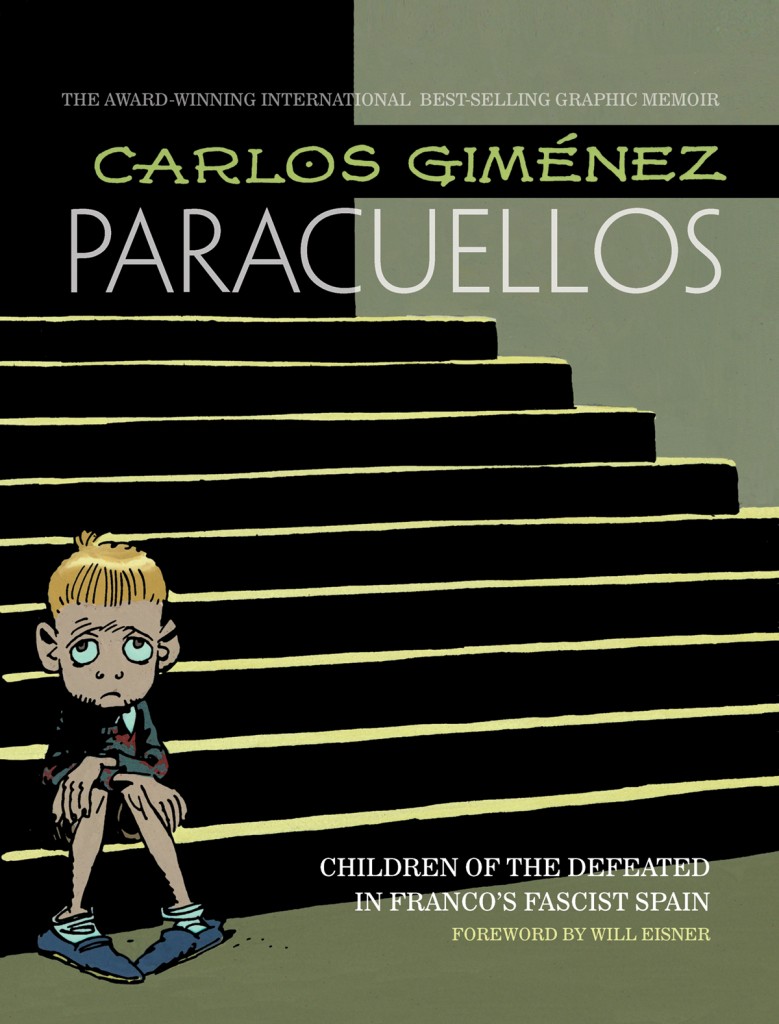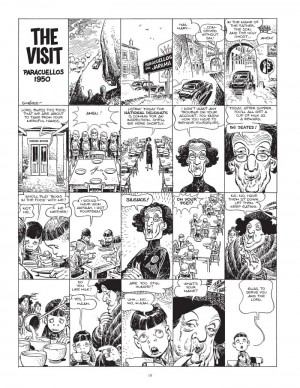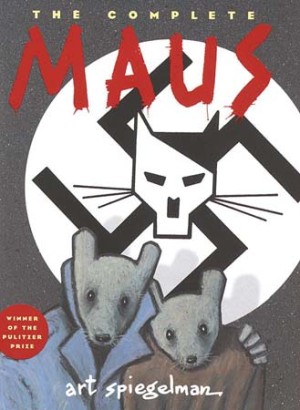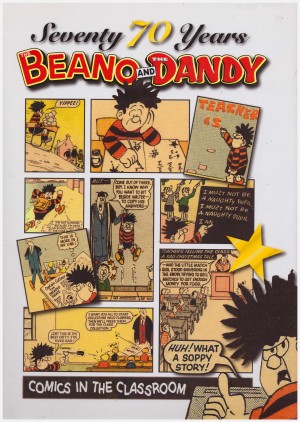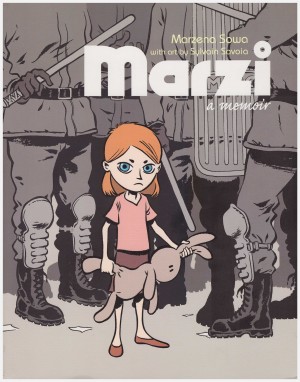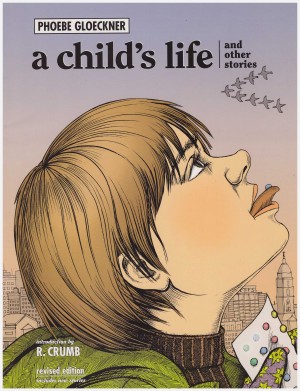Review by Megan Sinclair
Translated in English and collected for the first time, Paracuellos is a variety of short stories from creator Carlos Giménez’s past based on his experiences living as a child in ‘Social Aid’ government run ‘Homes’ under Fascist Spanish rule, (the same government responsible for killing and imprisoning the children’s relatives, ultimately making them orphans.) The collected edition provides both information around the context of the stories from foremost scholars of Fascist Spain, as well as personal accounts from the author about the characters in his work.
The artwork is a wonderfully unique combination of children’s style comics blended with the grittier, pencil work of the underground ‘comix’ scene, the aesthetic of which perfectly suits the narrative which is written often humorously from a child’s perspective, but which also tackles various traumatic and horrific events within the so called ‘homes.’ Most stories are two pages long, with some referencing other stories throughout. Despite their short size however, many of the comic strips show the severe physical and mental torture the boys endured in their time under the government’s ‘Social Aid.’ From being forced to nap outside in the blistering summer heat on the hot concrete floor with movement resulting in endless exercise until the three-hour nap period finished, to their rationed one glass of water a day as a treat, which was often revoked for deemed bad behaviour. To the countless beatings and humiliation, not to mention the burning of all the children’s’ comics, agonisingly just after the creator Giménez starved himself to save up enough money to buy his favourite comic ‘The Cub’ in bulk.
Each story in one way or another provides a dark insight into the horrific treatment of the children during this time, yet it simultaneously provides a warm everyday perspective of boys being young, playing pranks, reading comics, playing football, fighting and having fun despite the circumstances, for the stories are written in the perspective of a child, who unlike the creator is not given the gift of hindsight or self-reflection.
Paracuellos is a prime example of the power comics can have in their apparent simplicity, despite the seemingly cartoon like style of the stories and the dark humour throughout, the comic achieves what McCloud refers to as ‘amplification through simplification.’ By using the juxtaposition of caricatured big innocent eyed boys, and grotesque, villainous adults alongside the harrowing narratives of child abuse and mistreatment the comic is a unique and memorable blend of comedic and tragic, a charm that arguably text or image alone could not fulfil.
Giménez provides a detailed, often naïve, insight to his childhood whilst simultaneously giving an informative background to the political instability of Spain under the rule of dictator Franco up until his death in 1975. Paracuellos works both as an educative tool to discuss the opposition’s family in Fascist Spain, and as a bittersweet collection of sometimes sad, sometimes endearing set of school comics. It is a beautifully collected comic book that offers a truly wonderful glimpse into the prolific role the medium can play in representing personal and historic memoirs.
